A man abandoning society and activity as evil and shutting himself up in seclusion, isolated from mankind so that he might grow in virtue and into sainthood through meditation, will in all probability be found to be less ready to overlook the transgressions of an erring brother than a practical humanitarian earnestly exerting himself in the field of sincere selfless service. If a monkey or a stray dog happens to enter his Kutir and upset his water-pot or run away with his rottis, the Ekantavasi Virakta will perhaps shout and curse the animal and nurse a grudge against it to the end of his days! Then, again, the admirable virtue of adaptability comes only by mixing and moving among men in many moods and dealing with different peoples of diverse temperaments. It is through selfless activity and service that one acquires the ability to accommodate oneself to the peculiarities of personalities and of places. If, thinking to experience oneness of Self and to feel universal brotherhood, you confine yourself to a solitary cell and take to repeating Vedantic formulae, you run the risk of becoming Tamasic instead and turning eccentric and intolerant. Slowly you will lose what good traits you had previously. It is to guard against this risk that we have the wise counsel "Let not virtue wither for want of its exercise."
It is evident that the recluse in retreat and the Sannyasi in seclusion may well learn a useful point or two from the Nishkama Karma Yogi and the humble Svayam Sevak. No doubt through the method of meditation one may develop several virtues of a subjective type, subjective in that they centre round and concern the Sadhaka's own immediate personality. Through constant contemplation subjectively one may acquire non-attachment to one's body, and imperviousness to environment or a victory over the Rajasic urge to wander aimlessly, etc. Restraint and self-denial too could be acquired to some degree.
On the other hand, it is only through selfless activity, unattached work and loving service that one can acquire precious gems of purity, patience and humility. Humility especially comes through service alone. In this connection it is of a great profit to remember one point of immense practical value, i.e., of all virtues humility forms the basis. It is only when a man is humble and feels that there is much that he does not possess and has to acquire that there arises in him the eager desire to grow into those noble qualities he is deficient in. Here begins his systematic endeavour and attempt to acquire and possess them. The proud and arrogant man has little scope for growth, because he feels he knows everything. There is that self-sufficiency in his pride which leads him to think that there remains nothing for him to strive for and to acquire. Therefore it is said that humility is the fruitful source of all virtues and that everything that is kind and good naturally grows from it.
Generosity and kindness too are the outcome of active contact with the suppliant and the needy, the helpless, the wretched and the distressed. Herein lies the unique distinctive quality of Nishkamya Karma, works reverently done as worship of the Almighty. Moreover, certain noble traits exist in man in dual aspects, latent and manifest. For example, the latent quality of purity is manifest as chastity in actual life. Fearlessness becomes manifest as positive courage when a sudden crisis calls it forth, when a dangerous emergency arises. A habitual state of self-restraint manifests itself as a deliberate act of self-control in the face of an actual temptation or trait. So far as complete and balanced development of both the aspects is concerned, Karma Yoga becomes indispensable.
Again subjective virtues developed by a life of seclusion and isolation, to attain to fullness and perfection should be actively exercised. One must not rest satisfied in merely eliminating evil, in being virtuous in a negative way. There must be a positive passion for putting into practice the good in us for the enhancement of the joy and welfare of all creatures. Then alone these virtues justify themselves; they become, as it were, ripe fruits, fully blossomed flowers.
They will then expand in their breadth and from the individual circle gradually extend to all humanity, then of the whole universe and finally become all-embracing and cosmic.
Development and progress if they are to extend thus into infinity must be dynamic. On the path of moral and spiritual happiness, a life of quiescence carries with it the danger of stagnation setting in at some stage or other. This is the reason why many fail to reach ethical perfection even after years of seclusion and meditation. Selfless activity and loving service should therefore never be underestimated and neglected.
Finally one would do well to bear in mind an important point. It has been seen how humility forms the fundamental basis of all good. Then, to the virtues that are acquired with great toil and patient effort, it is humility, again, that acts as the sustainer and vigilant preserver. Humility is the shield and armour against the arch-enemy of the aspirant, moral and spiritual pride. For having progressed considerably in the path of virtue the virtuous man will unconsciously fall a prey to vanity. An insidious feeling of self-approbation will creep in unnoticed. This will later manifest itself in the form of a sort of indulgent attitude and a lofty contempt for those who are not following a similar life. A constant humility kept alive by a ceaseless exercise of it in service is the only sure armour against this foe. It vigilantly protects the striving seeker in his quest after true and abiding happiness. He who effaces his little "self" through a life of motiveless, humble and loving service with Narayana Bhava obtains a unique happiness and bliss. Who can gauge the exquisite joy that he experiences! May all therefore realise the supreme importance of cultivating noble virtues.
May all clearly perceive the indispensable necessity of actively exercising them and readily and cheerfully become Nishkama Karma Yogins.
It is evident that the recluse in retreat and the Sannyasi in seclusion may well learn a useful point or two from the Nishkama Karma Yogi and the humble Svayam Sevak. No doubt through the method of meditation one may develop several virtues of a subjective type, subjective in that they centre round and concern the Sadhaka's own immediate personality. Through constant contemplation subjectively one may acquire non-attachment to one's body, and imperviousness to environment or a victory over the Rajasic urge to wander aimlessly, etc. Restraint and self-denial too could be acquired to some degree.
On the other hand, it is only through selfless activity, unattached work and loving service that one can acquire precious gems of purity, patience and humility. Humility especially comes through service alone. In this connection it is of a great profit to remember one point of immense practical value, i.e., of all virtues humility forms the basis. It is only when a man is humble and feels that there is much that he does not possess and has to acquire that there arises in him the eager desire to grow into those noble qualities he is deficient in. Here begins his systematic endeavour and attempt to acquire and possess them. The proud and arrogant man has little scope for growth, because he feels he knows everything. There is that self-sufficiency in his pride which leads him to think that there remains nothing for him to strive for and to acquire. Therefore it is said that humility is the fruitful source of all virtues and that everything that is kind and good naturally grows from it.
Generosity and kindness too are the outcome of active contact with the suppliant and the needy, the helpless, the wretched and the distressed. Herein lies the unique distinctive quality of Nishkamya Karma, works reverently done as worship of the Almighty. Moreover, certain noble traits exist in man in dual aspects, latent and manifest. For example, the latent quality of purity is manifest as chastity in actual life. Fearlessness becomes manifest as positive courage when a sudden crisis calls it forth, when a dangerous emergency arises. A habitual state of self-restraint manifests itself as a deliberate act of self-control in the face of an actual temptation or trait. So far as complete and balanced development of both the aspects is concerned, Karma Yoga becomes indispensable.
Again subjective virtues developed by a life of seclusion and isolation, to attain to fullness and perfection should be actively exercised. One must not rest satisfied in merely eliminating evil, in being virtuous in a negative way. There must be a positive passion for putting into practice the good in us for the enhancement of the joy and welfare of all creatures. Then alone these virtues justify themselves; they become, as it were, ripe fruits, fully blossomed flowers.
They will then expand in their breadth and from the individual circle gradually extend to all humanity, then of the whole universe and finally become all-embracing and cosmic.
Development and progress if they are to extend thus into infinity must be dynamic. On the path of moral and spiritual happiness, a life of quiescence carries with it the danger of stagnation setting in at some stage or other. This is the reason why many fail to reach ethical perfection even after years of seclusion and meditation. Selfless activity and loving service should therefore never be underestimated and neglected.
Finally one would do well to bear in mind an important point. It has been seen how humility forms the fundamental basis of all good. Then, to the virtues that are acquired with great toil and patient effort, it is humility, again, that acts as the sustainer and vigilant preserver. Humility is the shield and armour against the arch-enemy of the aspirant, moral and spiritual pride. For having progressed considerably in the path of virtue the virtuous man will unconsciously fall a prey to vanity. An insidious feeling of self-approbation will creep in unnoticed. This will later manifest itself in the form of a sort of indulgent attitude and a lofty contempt for those who are not following a similar life. A constant humility kept alive by a ceaseless exercise of it in service is the only sure armour against this foe. It vigilantly protects the striving seeker in his quest after true and abiding happiness. He who effaces his little "self" through a life of motiveless, humble and loving service with Narayana Bhava obtains a unique happiness and bliss. Who can gauge the exquisite joy that he experiences! May all therefore realise the supreme importance of cultivating noble virtues.
May all clearly perceive the indispensable necessity of actively exercising them and readily and cheerfully become Nishkama Karma Yogins.

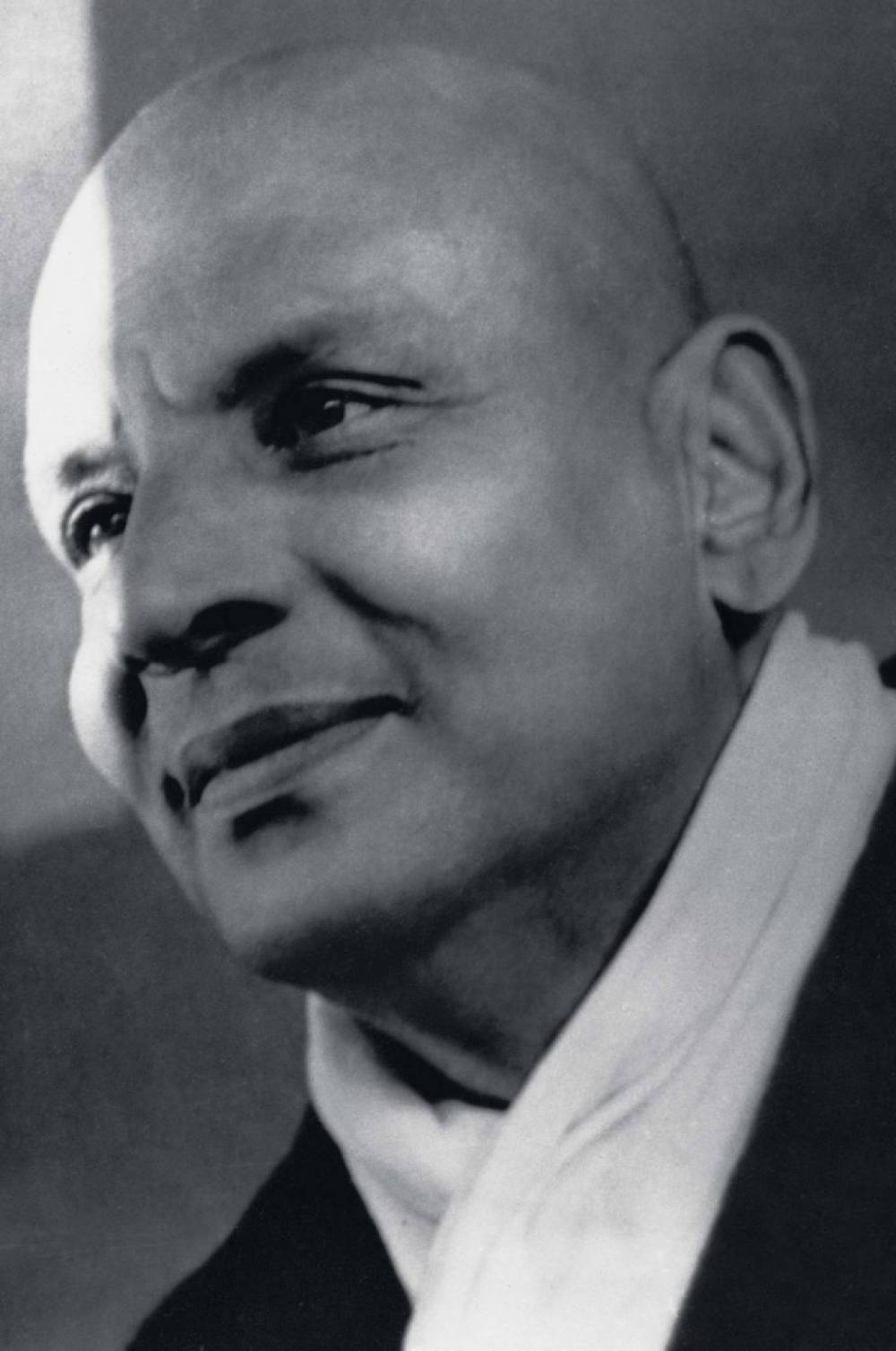
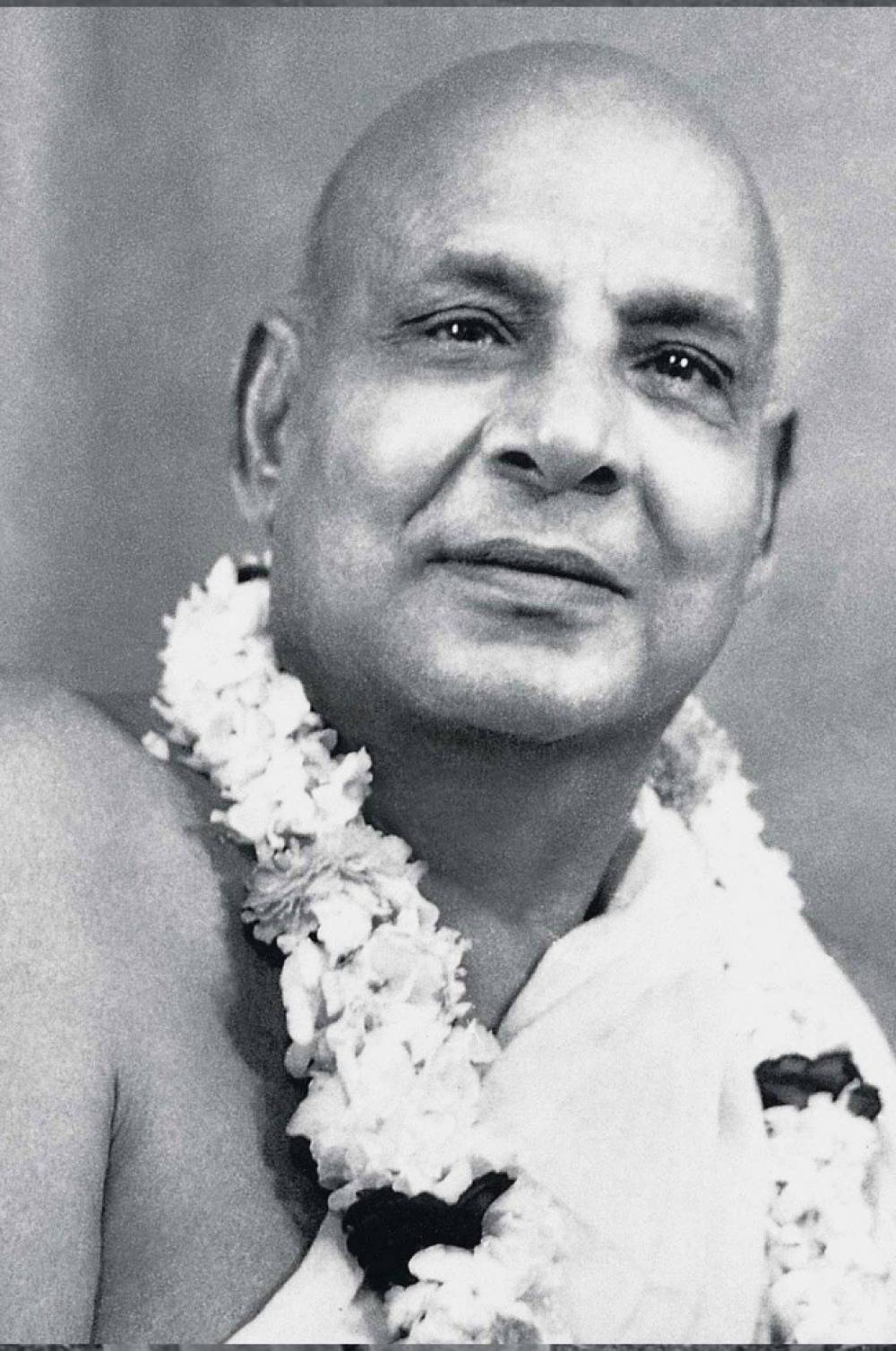

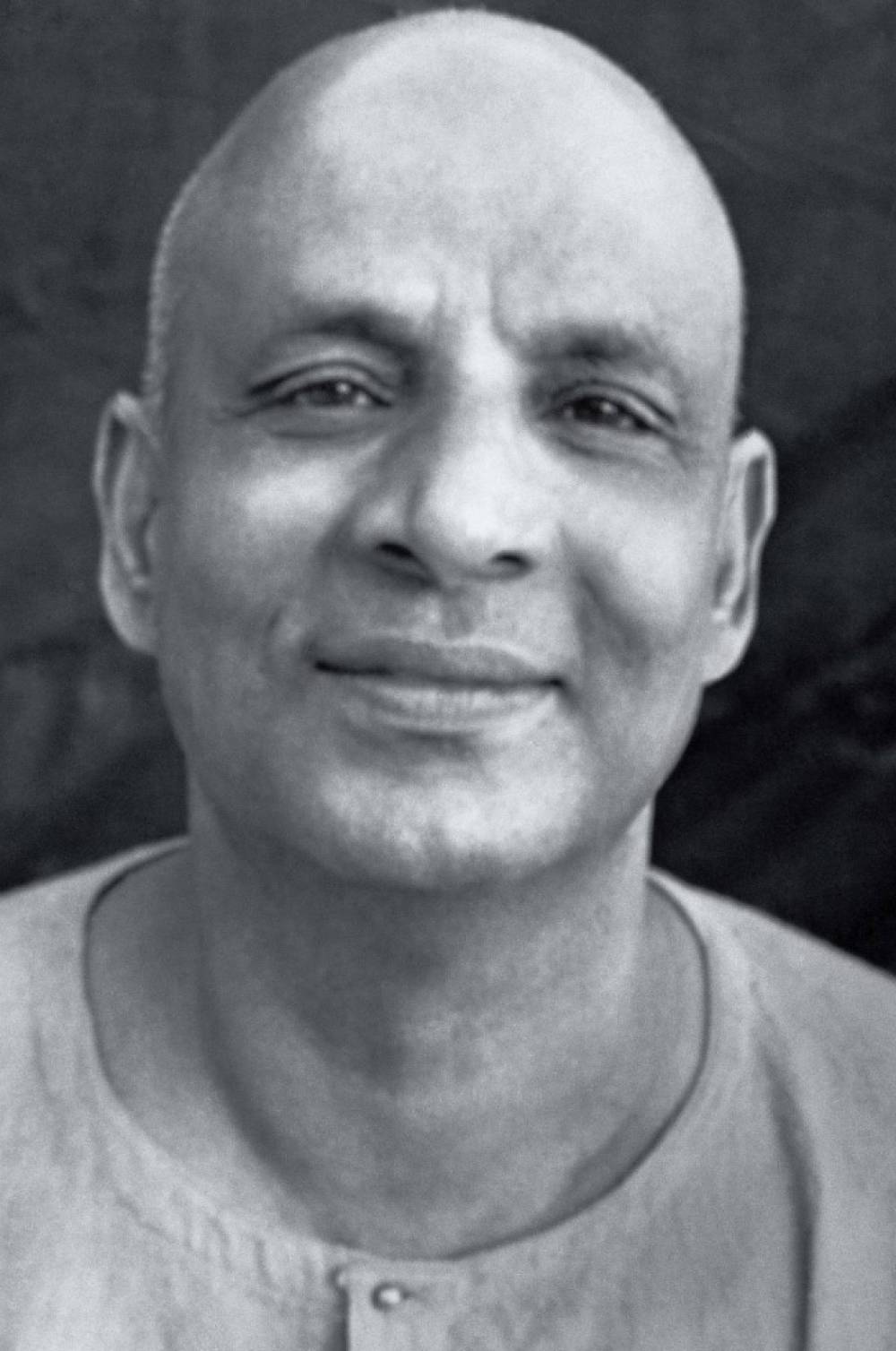
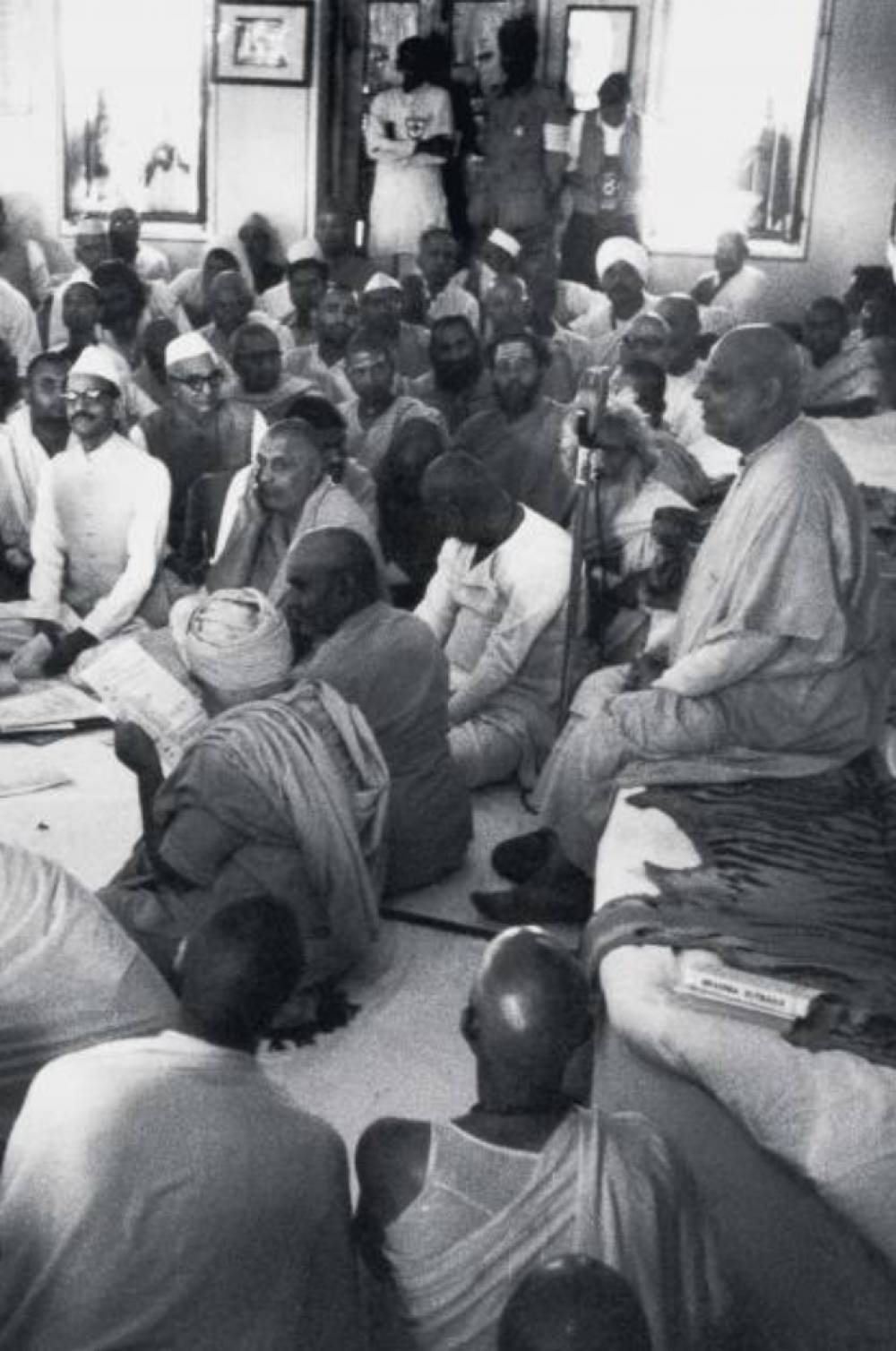
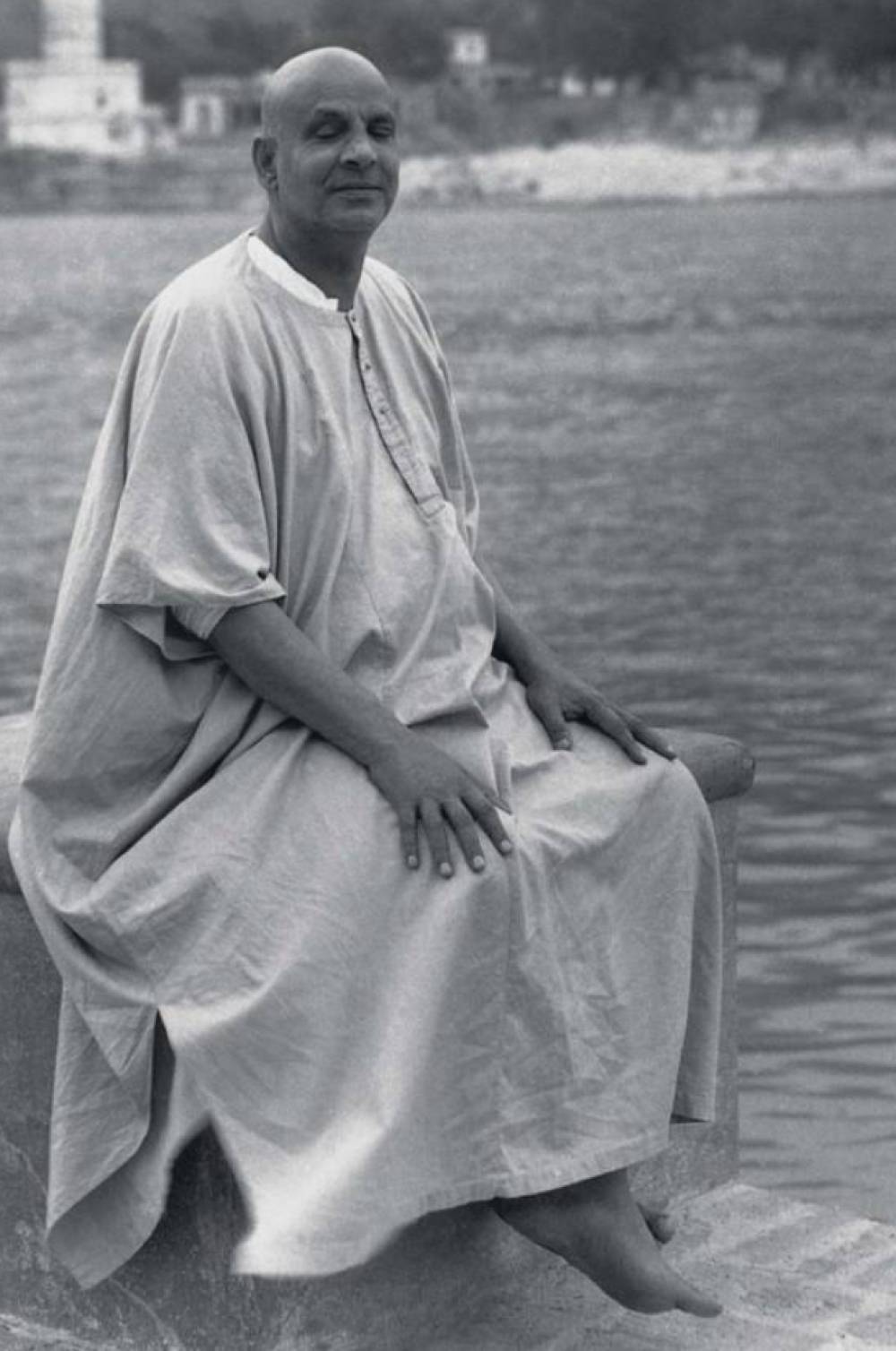
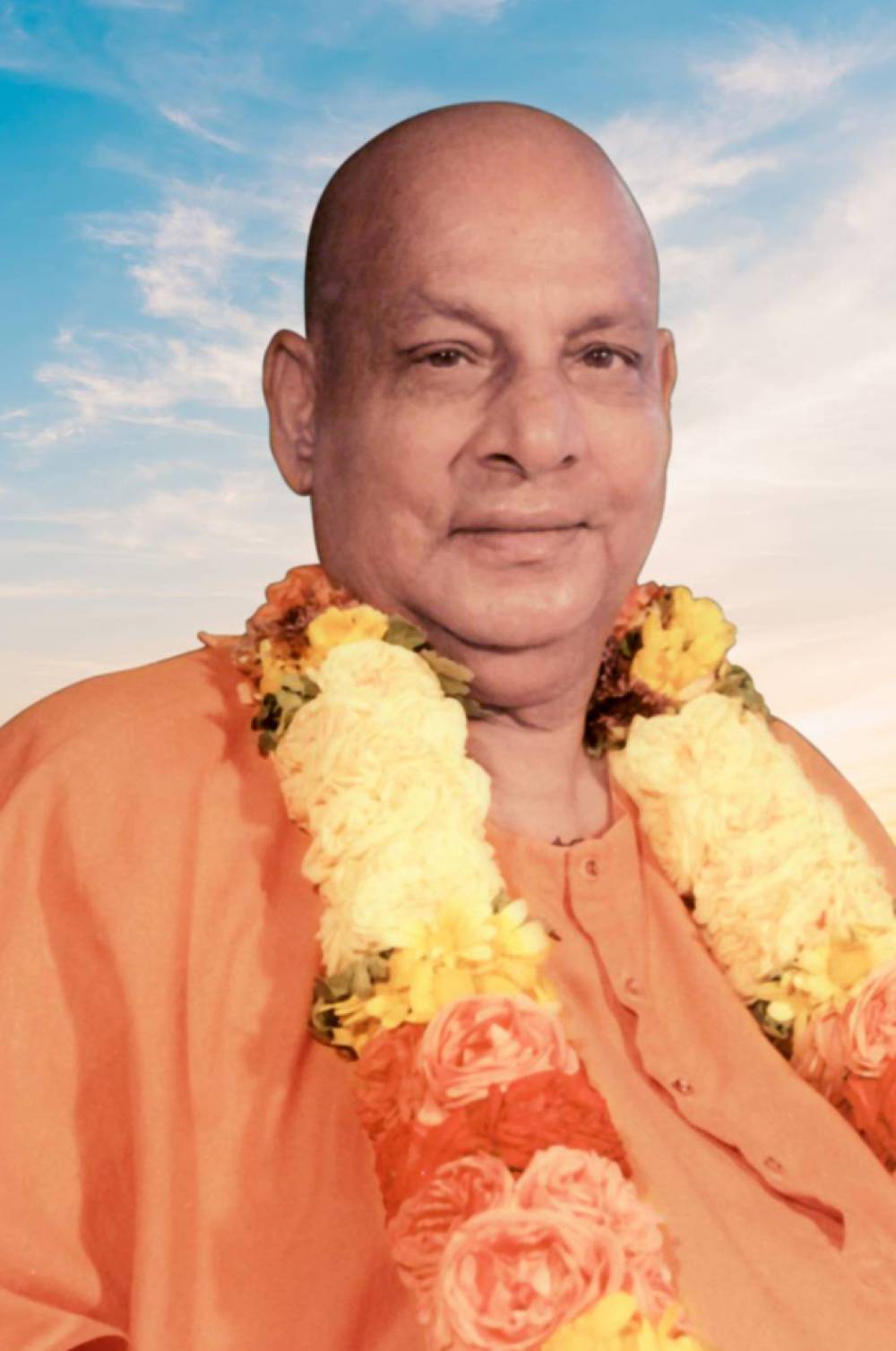
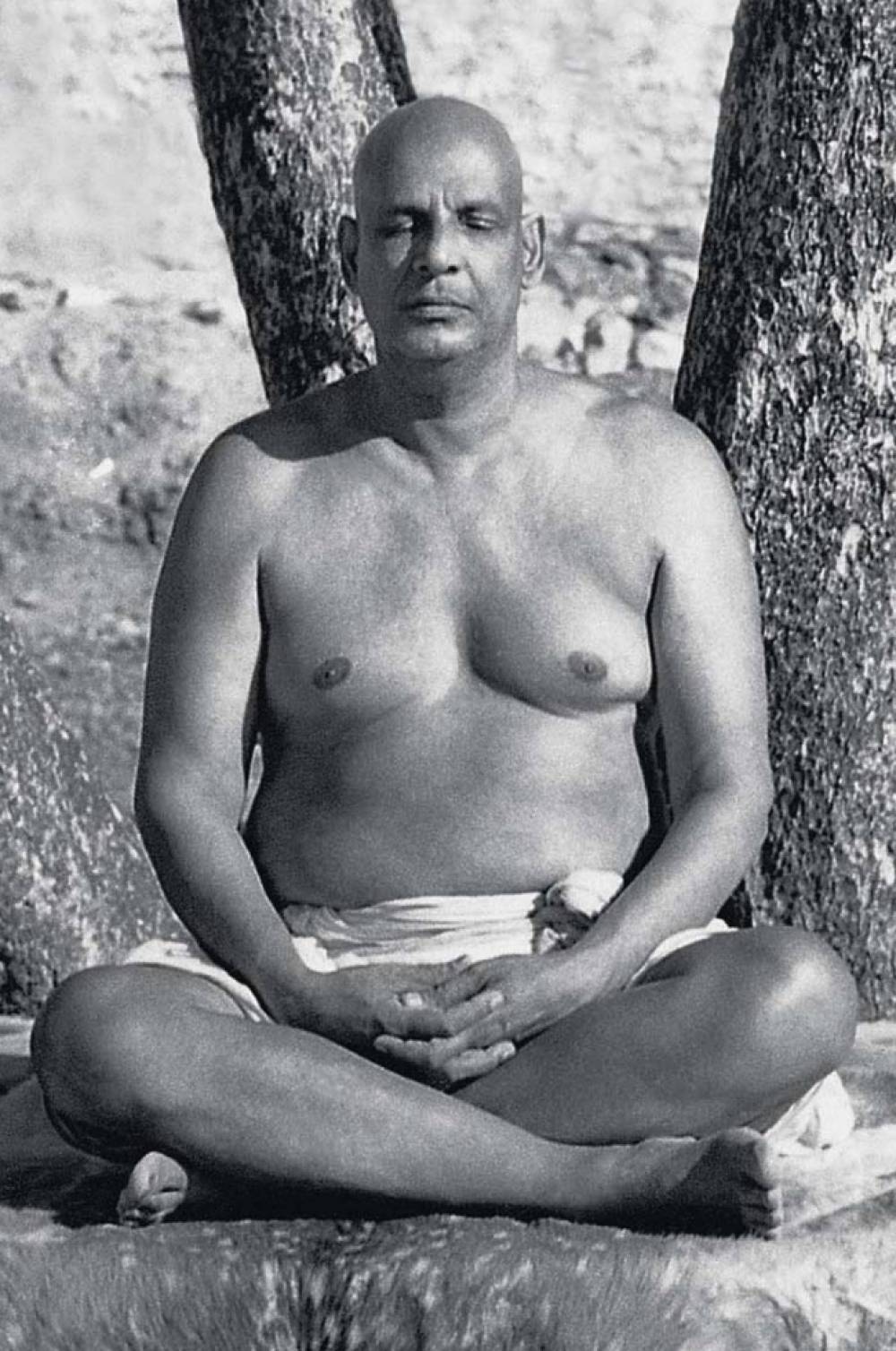
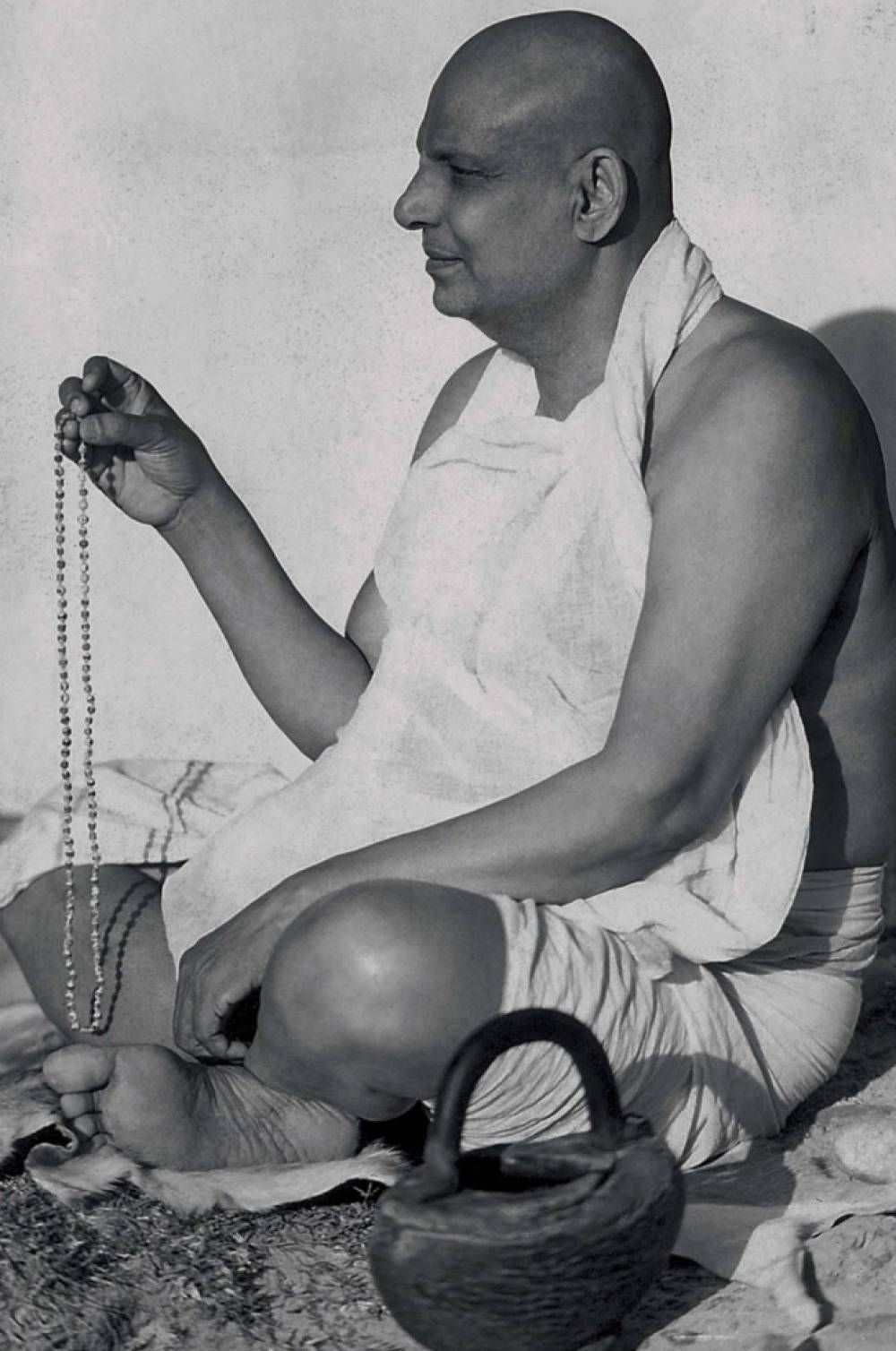
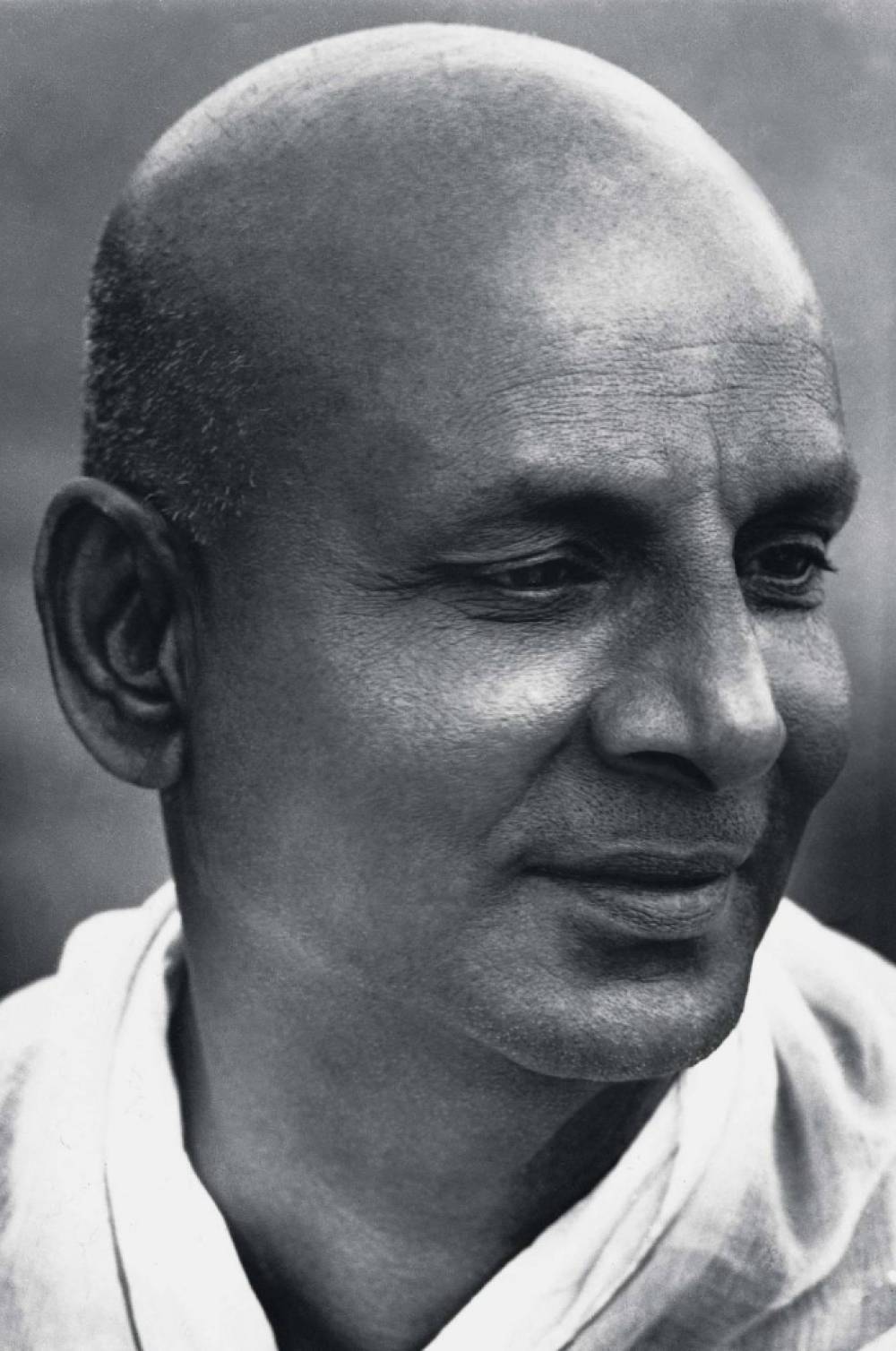
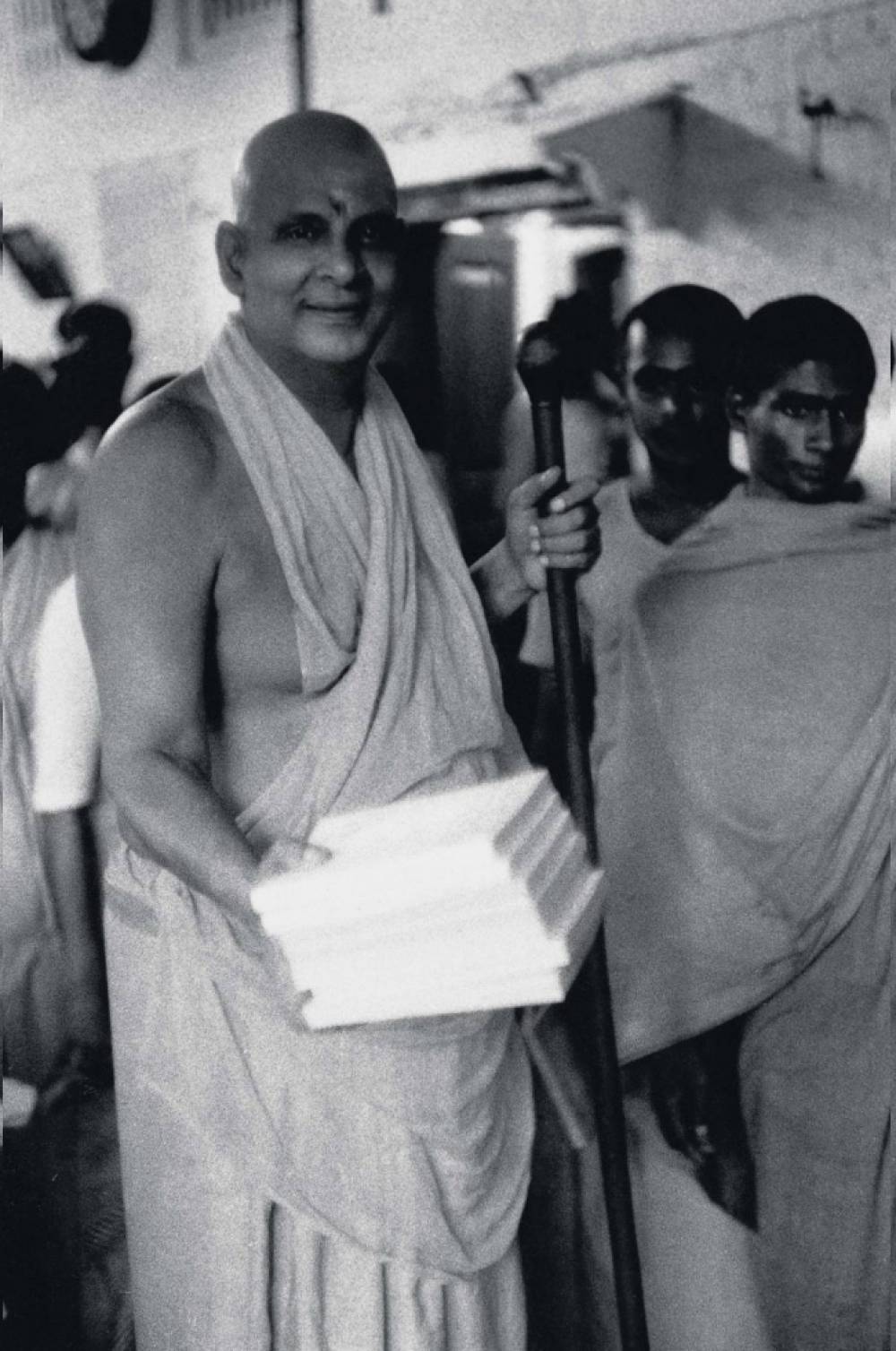
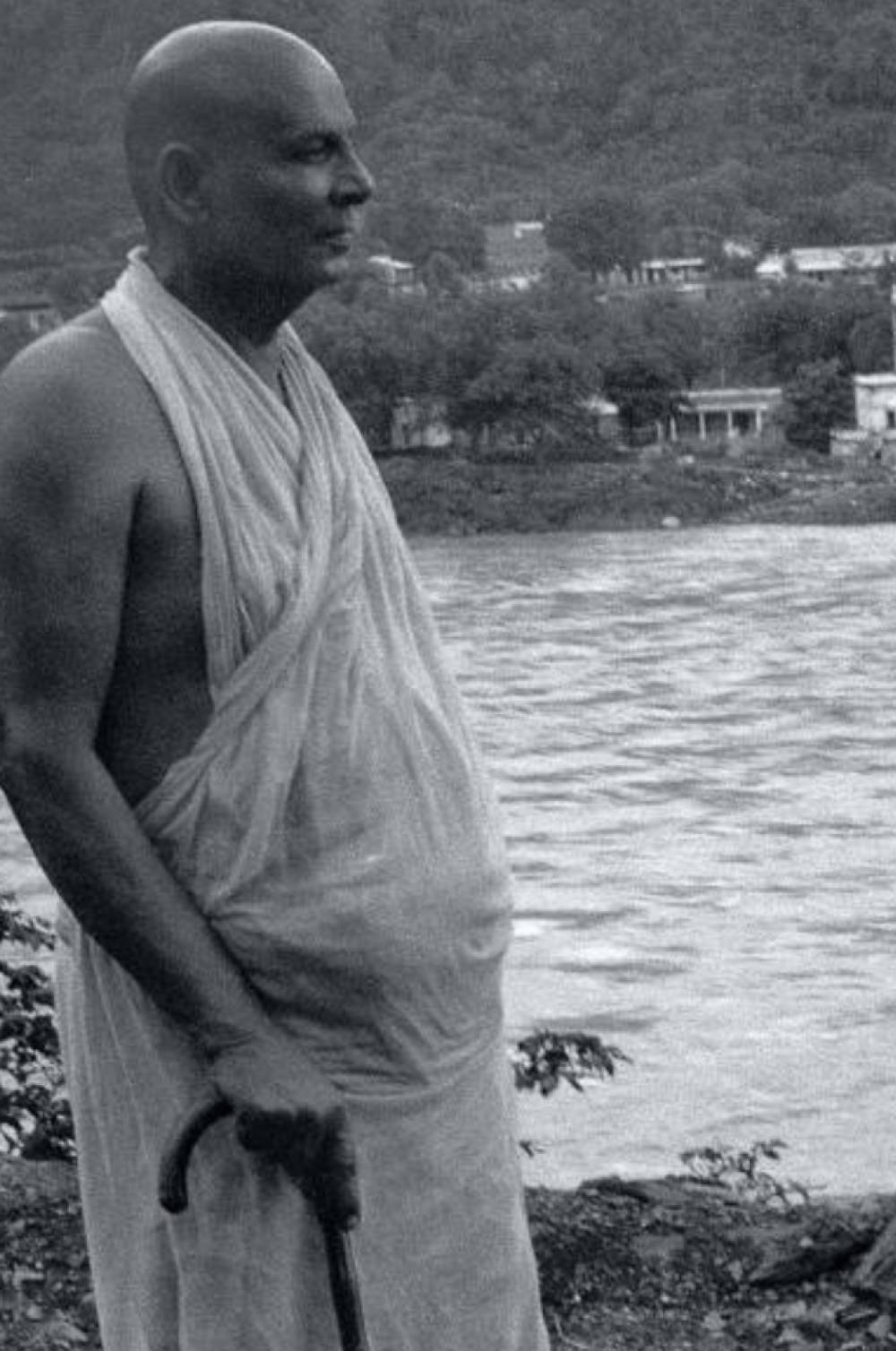
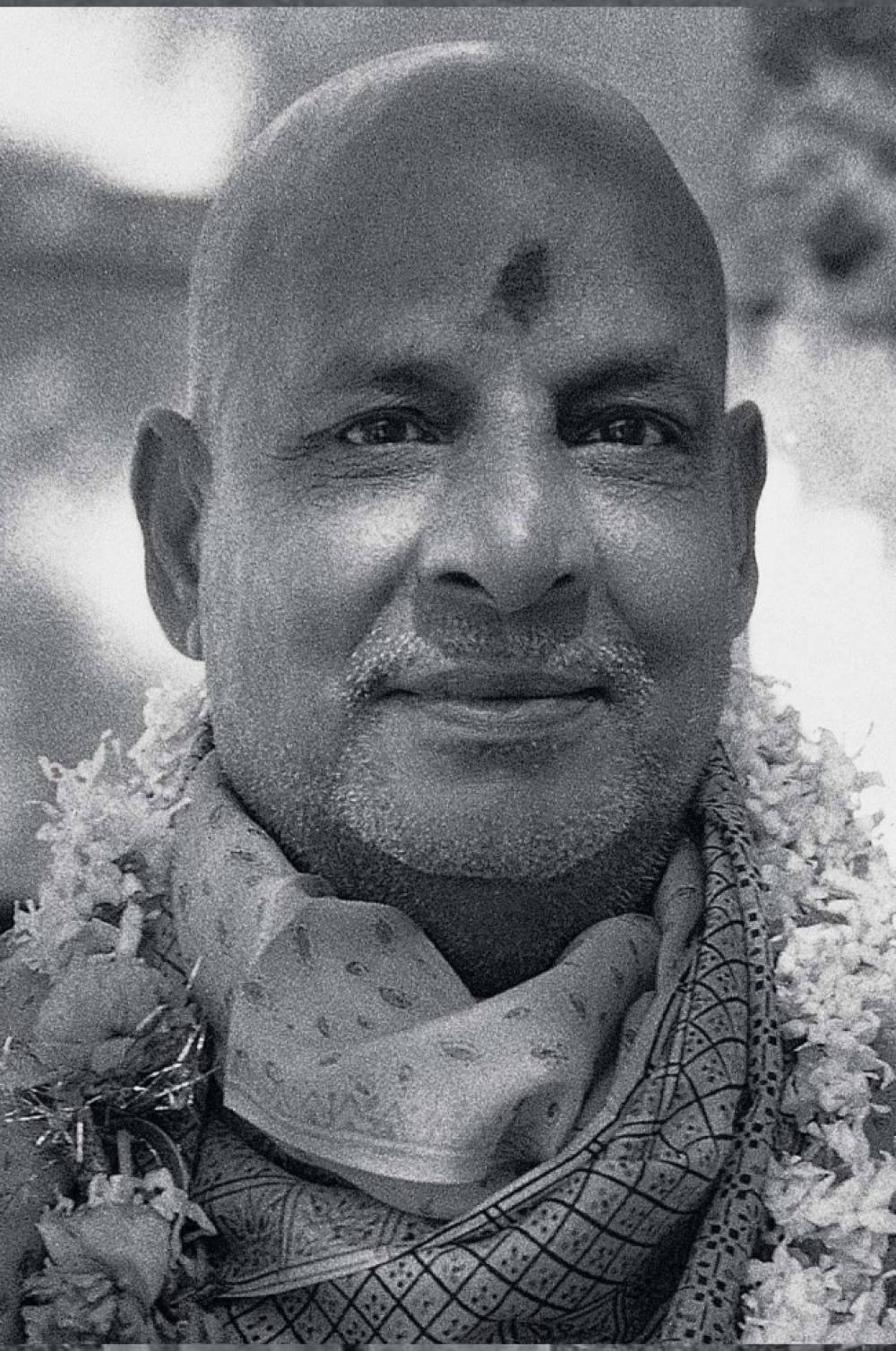

No Comments found. Be first to comment